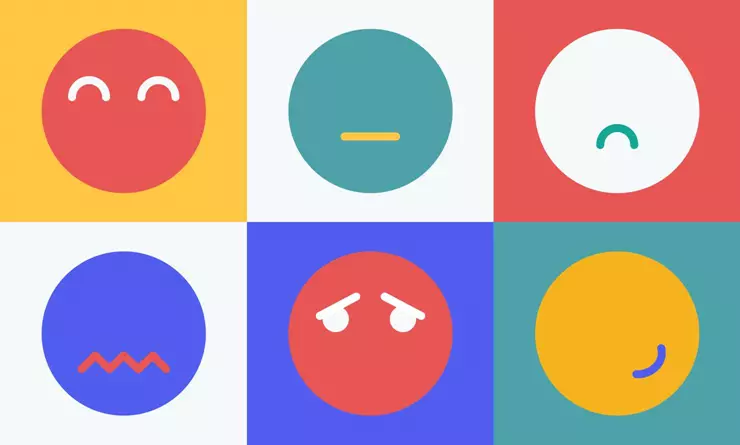The perfect Agile personality

There’s been some discussion around the office lately about personality traits and whether there’s a perfect ‘type’ when it comes to working in an Agile team.
In a bid to settle the debate conclusively (aka a quick Google search) we stumbled across the Five Factor Model of Personality or the ‘Big 5’ by Lewis Goldberg et al. These are the five core personality traits many researchers believe we all exhibit to a greater, or lesser degree:
-
Openness to experience
Creative, likes trying new things, tackling new challenges, happy to think about abstract challenges -
Conscientiousness
Preparation, attention to detail, finish important tasks straight away, loves a schedule -
Extroversion
Enjoys being the centre of attention, feels energised by company of others, talks before engaging brain, makes friends easily -
Agreeableness
Warm, friendly and tactful, shows concern for others and happy to assist those who need help -
Neuroticism
Gets upset easily, experiences stress and worries about a lot of different things, prone to mood swings
Which of these do you think has been shown to be the most important trait when it comes to working in an Agile team?
And which of these most closely describes a (stereo) ‘typical’ software developer?
Bet you didn’t give the same answer to both questions ;)
Sorry to interrupt…
If you like what you've read so far, join us on LinkedIn to talk all things digital product development with our team of experts.
The art of being agreeable
According to a report by McKinsey, successful team members need to have a high level of agreeableness over and above every other trait. (Which might go some way to explaining why building great software development teams can be so challenging...)
Great teams do not mean technically the best people or the most experienced. Instead, it means people that have the right personality, behaviours, and set of values for agility - McKinsey
A big part of being agreeable is being able to show tact in the face of conflicting opinions, As the McKinsey report so succinctly puts it, that means being able to voice an opposing viewpoint in terms of ‘yes AND’ rather than ‘yes BUT...’
It’s about seeing opportunities rather than obstacles.
The good news is that agreeableness isn’t a fixed genetic trait. In fact, none of the Big 5 are. One study published by the National Center for Biotechnology Information involving twins suggests that agreeableness is only 41% heritable. The remaining 59% is attributed to learned behaviours (providing you’re also open to experience, that is).
I’ve found the book ‘Difficult Conversations by Sheila Heen’ really useful. It’s full of tools and techniques for keeping sprints focused on outcomes rather than ego.
Fluent Developer Ian Grainger learns the other 59%.
There’s no ‘I’ in team
Evaluating your team members’ personal values and motivations can be a powerful predictor of future success. Ideal Agile team members are big picture thinkers who work to outcomes and don’t tie their sense of self worth to their success at work.
They need to be comfortable with ambiguity, changing priorities and be customer focused - but most of all they need to take pride in the product they’re helping to create. This is because pride generates a level of autonomy and ownership that helps push boundaries and make things better.
Fake it till you make it
As unnatural as it sounds, being agreeable takes work. We humans aren’t programmed to consider the world from someone else's vantage point. So every sprint planning meeting, review or retrospective presents a new opportunity to practise the ‘product before process’ mindset.
Only unicorns need apply
So should companies be making hiring decisions based on how agreeable the candidate is? If you’re serious about building successful teams, the answer is a resounding yes.
An abundance of agreeableness and technical ability might be uncommon bedfellows but it’s a combination we always look for when hiring new developers.
Call us picky but it’s a recruitment policy that’s served us - and our clients - well to this day.
Want more tips on digital product development from people at the cutting edge? Follow Fluent on LinkedIn and keep learning
Ready to solve your problems?
We'll help meet the challenges facing your growing business. Get in touch and tell us what you need, the team can't wait to hear from you.


